Starting a micro bakery from home can be a dream come true for many baking enthusiasts. In North Carolina, the cottage food laws provide a framework for individuals to start a home-based food business with relative ease.
Understanding these laws and regulations is crucial to ensuring the success of your business. By operating under the cottage food laws, you can minimize startup costs and focus on perfecting your craft.
As you begin your journey, you’ll discover the benefits of running a home-based food business, from the flexibility to work from home to the potential for growth and expansion.
Key Takeaways
- Understand the cottage food laws in North Carolina to ensure compliance.
- Minimize startup costs by operating under the cottage food laws.
- Focus on perfecting your baking skills to drive business success.
- Enjoy the flexibility of running a home-based food business.
- Explore opportunities for growth and expansion.
Understanding North Carolina Cottage Food Laws
For aspiring bakers, grasping the nuances of North Carolina’s cottage food laws is the first step towards turning their passion into a legitimate business. North Carolina’s cottage food laws are designed to allow small-scale food production from home, providing an opportunity for entrepreneurs to start micro bakeries with relatively low regulatory hurdles.
What Qualifies as a Cottage Food Business
A cottage food business in North Carolina is defined as a business operated from a private home where food is prepared for sale. To qualify, the business must comply with the state’s cottage food laws, which include limitations on the types of food that can be produced and sold.
Legal Limitations and Restrictions
There are specific legal limitations and restrictions that cottage food businesses must adhere to. For instance, gross sales are limited, and there are restrictions on the types of products that can be sold. Understanding these limitations is crucial for compliance.
- Gross sales limits apply to cottage food businesses.
- Only certain types of baked goods and foods are allowed.
- Direct sales to consumers are permitted, but there are restrictions on selling to retailers or wholesalers.
The Role of NC Department of Agriculture & Consumer Services
The NC Department of Agriculture & Consumer Services plays a vital role in overseeing cottage food businesses. They are responsible for ensuring compliance with state regulations, including registration and potentially inspecting home kitchens.
Registration with the NC Department of Agriculture & Consumer Services is a critical step for any cottage food business. It not only ensures compliance with state laws but also provides a level of assurance to consumers about the safety and quality of the products being sold.
By understanding and complying with North Carolina’s cottage food laws, entrepreneurs can successfully operate home-based bakeries, contributing to the local economy and community.
Permitted Foods You Can Sell From Your Home Bakery
Cottage Food Laws in North Carolina allow for the sale of certain low-risk foods from home kitchens. These laws are designed to support small-scale food producers while ensuring consumer safety.
Approved Baked Goods and Products
Under these laws, home bakers can sell a variety of baked goods, such as bread, cakes, cookies, and pastries. Additionally, products like jams, jellies, and dried mixes and spices are also permitted. These items are considered low-risk foods because they are less likely to cause foodborne illnesses.
Prohibited Items Under Cottage Food Laws
It’s crucial to understand what foods are not allowed under Cottage Food Laws. Prohibited items include potentially hazardous foods that require refrigeration, such as dairy products, meats, and certain types of sauces. Home bakers should avoid selling these items to comply with the law.
Low-Risk Food Requirements
To be considered a low-risk food, the product must not require refrigeration and must be made in a home kitchen that complies with basic health and safety standards. Home bakers should ensure their products meet these criteria to sell under Cottage Food Laws.
Setting Up Your Home Kitchen for Compliance
A well-prepared home kitchen is essential for operating a micro bakery under North Carolina’s cottage food laws. This involves ensuring your kitchen meets specific standards for equipment, hygiene, and safety.
Kitchen Equipment and Standards
Your home kitchen must be equipped with the necessary tools and appliances to produce baked goods safely. This includes having commercial-grade equipment where necessary and ensuring all utensils and surfaces are easy to clean and sanitize.
Water Testing Requirements
If you’re using a well or other non-public water source, you may need to conduct water testing to ensure it’s safe for food preparation. The North Carolina Department of Agriculture & Consumer Services provides guidelines on water testing requirements.
Pet and Contamination Prevention Measures
Preventing contamination is crucial. This includes keeping pets out of the kitchen during food preparation and ensuring that your kitchen is free from pests.
Cleaning and Sanitizing Protocols
Regular cleaning and sanitizing are vital. All surfaces and equipment should be cleaned with soap and water, then sanitized. A sanitizing solution can be made with bleach and water.
| Cleaning Task | Frequency | Method |
|---|---|---|
| Countertops | After each use | Soap and water, followed by sanitizing solution |
| Equipment | After each use | Soap and water, followed by sanitizing solution |
| Floor | Daily | Sweeping, mopping with detergent |
Creating a Business Plan for Your Micro Bakery
For aspiring micro bakery owners, creating a comprehensive business plan is essential to turning your baking passion into a profitable venture. A business plan serves as a roadmap, guiding you through the process of establishing a successful micro bakery under North Carolina’s Cottage Food Laws.

Defining Your Niche and Products
Identifying your niche is crucial for differentiating your micro bakery in a competitive market. Consider specializing in gluten-free baked goods, artisanal bread, or custom cakes for special occasions. Your niche should reflect your baking expertise and appeal to your target customer base.
Key considerations when defining your niche include:
- Understanding local market trends
- Assessing your competition
- Identifying customer preferences
Calculating Startup Costs and Pricing
Accurately calculating your startup costs is vital for securing sufficient funding and ensuring the financial sustainability of your micro bakery. Consider expenses such as kitchen equipment, ingredients, packaging, and marketing. Your pricing strategy should balance profitability with customer affordability.
“Pricing is not just about covering costs; it’s about understanding the value your product offers to customers.”
To determine your pricing, analyze your costs, research your competition, and assess customer willingness to pay.
Setting Realistic Growth Goals
Establishing realistic growth goals helps you stay focused and motivated as you build your micro bakery. Break down your long-term goals into smaller, achievable milestones, such as increasing sales by a certain percentage each quarter or expanding your product line.
Regularly reviewing and adjusting your business plan will help you stay on track and adapt to changing market conditions.
Licensing and Permit Requirements Under North Carolina Cottage Food Laws
Before starting your micro bakery, familiarize yourself with North Carolina’s cottage food laws and the necessary licenses and permits. Operating a cottage food business in North Carolina requires compliance with state regulations, including licensing and permit requirements.
Home Processor Inspection Process
The North Carolina Department of Agriculture & Consumer Services (NCDA&CS) conducts inspections to ensure your home kitchen meets the necessary standards. Prepare your kitchen by maintaining cleanliness, proper food storage, and adequate equipment. Inspections typically involve checking for compliance with cottage food laws, including proper labeling and packaging.
Local Zoning and Business Permits
In addition to state regulations, check with your local government for zoning and business permit requirements. Some areas may have specific ordinances governing home-based businesses. Verify local regulations to avoid potential fines or business disruptions.
Record-Keeping Requirements
Maintaining accurate records is crucial for your cottage food business. Keep track of sales, expenses, and product labels to ensure compliance with NCDA&CS regulations. Organized records also help you monitor business performance and make informed decisions.
To summarize, operating a cottage food business in North Carolina involves:
- Complying with state licensing and permit requirements
- Passing home processor inspections by NCDA&CS
- Obtaining necessary local zoning and business permits
- Maintaining accurate and detailed records
By following these guidelines, you can ensure your micro bakery operates within the bounds of North Carolina’s cottage food laws.
Labeling and Packaging Your Baked Goods
Labeling and packaging your baked goods correctly is not only a legal requirement but also a marketing opportunity. When selling products under North Carolina’s cottage food laws, it’s essential to understand the specific labeling requirements to ensure compliance and attract customers.
Required Label Information
The label on your baked goods must include specific information to comply with North Carolina regulations. This includes:
- The name of your product
- A statement indicating that the product was made in a cottage food operation that is not inspected by the state or local health department
- Your business name and address
- A list of ingredients
Ensuring that your label includes this information is crucial for building trust with your customers and avoiding potential legal issues.
Allergen Declarations
Allergen declarations are a critical component of labeling your baked goods. You must declare the presence of major food allergens, such as nuts, dairy, or soy, on the label. This helps protect consumers with food allergies and complies with state regulations.
Professional Packaging Solutions
Investing in professional packaging solutions can enhance the appeal of your baked goods and help your products stand out in the market. Consider using packaging that is both attractive and functional, such as:
| Packaging Type | Description | Benefits |
|---|---|---|
| Clear Bags | Transparent bags that showcase the product | Visual appeal, easy to seal |
| Custom Labels | Labels designed with your brand’s logo and information | Brand recognition, professional look |
| Cardboard Boxes | Sturdy boxes that protect baked goods | Durable, can be customized with branding |
Choosing the right packaging can contribute to the overall success of your micro bakery by making your products more appealing to potential customers.

Marketing and Selling Your Micro Bakery Products
Marketing and selling your micro bakery products requires a thoughtful approach, especially when operating under the Cottage Food Laws in North Carolina. To successfully grow your business, you need to understand the approved venues for selling your baked goods and how to effectively reach your local customer base.
Approved Selling Venues
North Carolina’s Cottage Food Laws allow you to sell your baked goods at various venues. Some of the approved selling venues include:
- Farmers’ markets
- Roadside stands
- Bake sales
- Direct sales to consumers
Participating in local events and markets not only helps in selling your products but also in building brand awareness. As noted by a successful micro bakery owner, “Farmers’ markets have been a game-changer for our business, allowing us to connect directly with our customers.”
“The key to success at farmers’ markets is to have a visually appealing display and to engage with potential customers.”
Alice Waters, renowned baker and food activist
Online Sales Considerations
While Cottage Food Laws restrict online sales to some extent, you can still leverage online platforms for marketing your products. You can use social media to promote your baked goods and direct customers to your approved selling venues. However, it’s crucial to comply with the laws regarding online transactions, especially concerning food shipping and sales.
| Online Platform | Usage |
|---|---|
| Social Media | Promoting products and directing customers to approved venues |
| Email Marketing | Informing subscribers about new products and upcoming events |
Building Your Local Customer Base
Building a loyal local customer base is vital for the sustainability of your micro bakery. You can achieve this by:
- Offering samples at local events
- Engaging with the community through baking classes or workshops
- Collecting feedback to improve your products
By focusing on these strategies and complying with North Carolina’s Cottage Food Laws, you can effectively market and sell your micro bakery products, establishing a strong presence in your local community.
Conclusion: Growing Your North Carolina Home Bakery Business
As a food entrepreneur in North Carolina, starting a home bakery business under cottage food laws can be a rewarding venture. By understanding and complying with the state’s regulations, you can successfully grow your business and establish a loyal customer base.
Growing your home bakery business requires careful planning, attention to detail, and a commitment to producing high-quality products. By following the guidelines outlined in North Carolina’s cottage food laws, you can ensure a safe and healthy environment for your customers.
As you continue to develop your home bakery business, focus on building strong relationships with your customers, and explore new opportunities for growth and expansion. With dedication and hard work, your North Carolina home bakery business can thrive under the state’s cottage food laws.
FAQ
What is a cottage food business in North Carolina?
A cottage food business in North Carolina is a home-based business that produces and sells certain low-risk foods, such as baked goods, jams, and jellies, directly to consumers.
What types of foods can I sell under North Carolina’s cottage food laws?
You can sell approved baked goods, jams, jellies, and other low-risk foods that are made in your home kitchen and comply with state regulations.
Do I need a permit to operate a cottage food business in North Carolina?
Yes, you need to register with the North Carolina Department of Agriculture & Consumer Services and obtain any necessary local permits and licenses.
How do I label my cottage food products?
Your cottage food products must be labeled with the product name, a list of ingredients in order of predominance, and a statement indicating that the product was made in a home kitchen that is not inspected by the state.
Can I sell my cottage food products online?
Yes, you can sell your cottage food products online, but you must comply with state regulations and ensure that your products are properly labeled and packaged.
What are the water testing requirements for a cottage food business in North Carolina?
You may be required to test your well water to ensure it is safe for use in your cottage food business.
Can I have pets in my home kitchen where I prepare cottage foods?
No, you should not have pets or animals in your home kitchen where you prepare cottage foods to prevent contamination.
How do I ensure my home kitchen is compliant with cottage food laws?
You should ensure your kitchen is clean, sanitized, and free of contamination risks, and that you follow proper food handling and preparation practices.
What are the record-keeping requirements for a cottage food business in North Carolina?
You should maintain accurate records of your sales, expenses, and product labels to ensure compliance with state regulations.
Can I sell my cottage food products to retail stores or restaurants?
Generally, no, cottage food laws in North Carolina typically restrict sales to direct-to-consumer sales, such as at farmers’ markets or roadside stands.
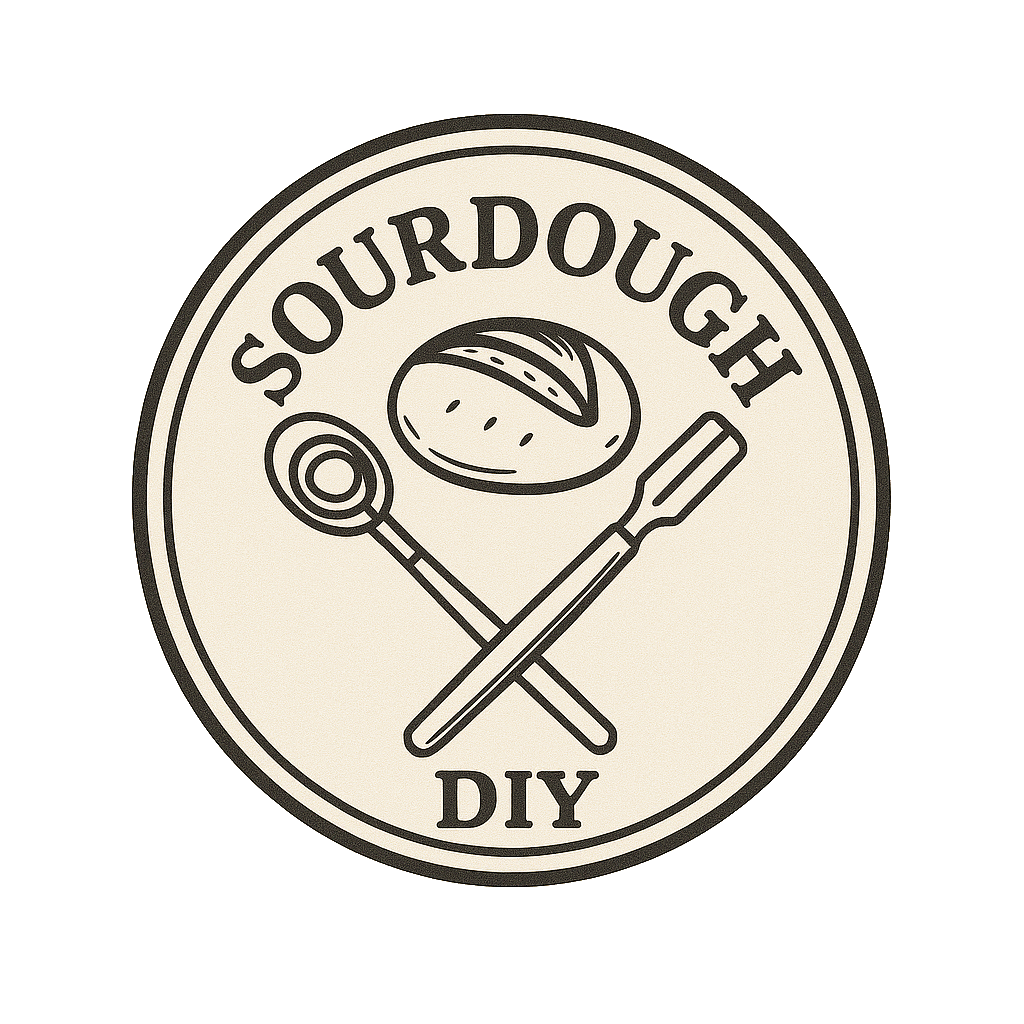
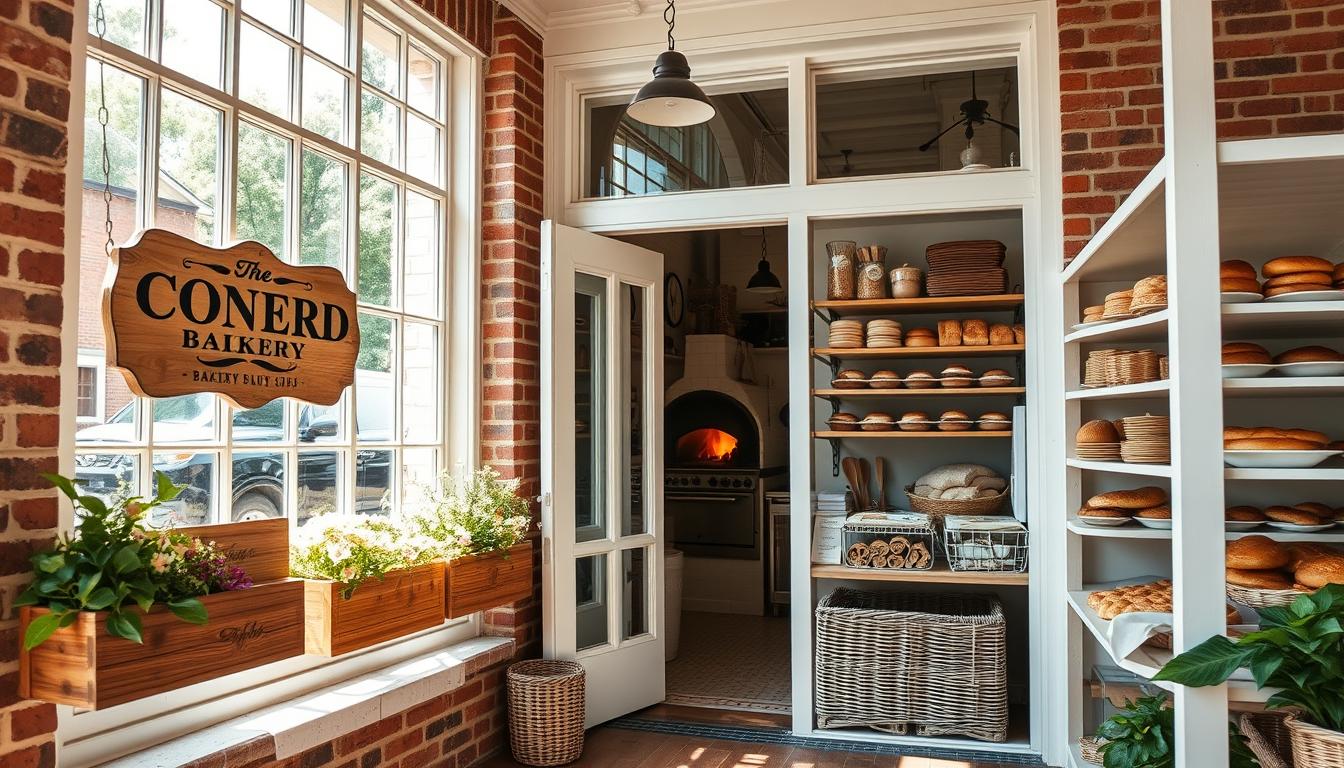
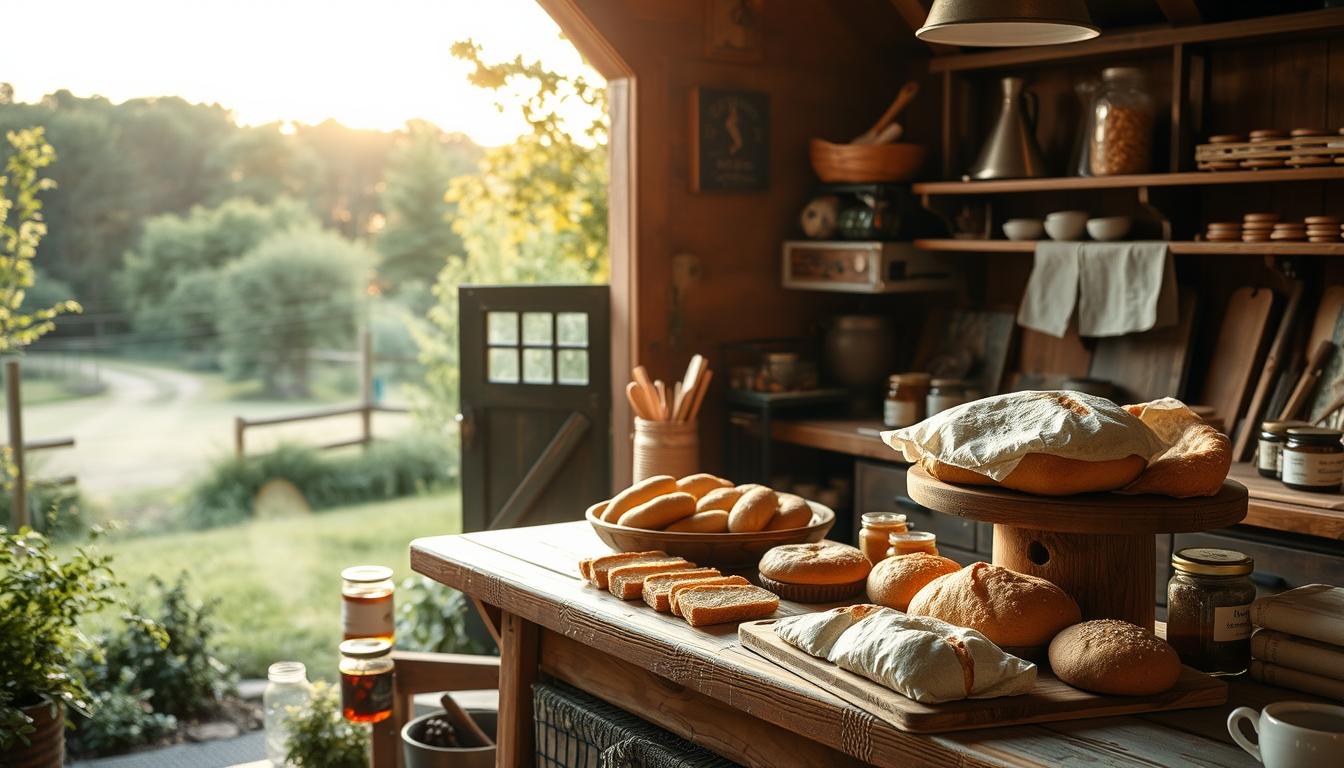
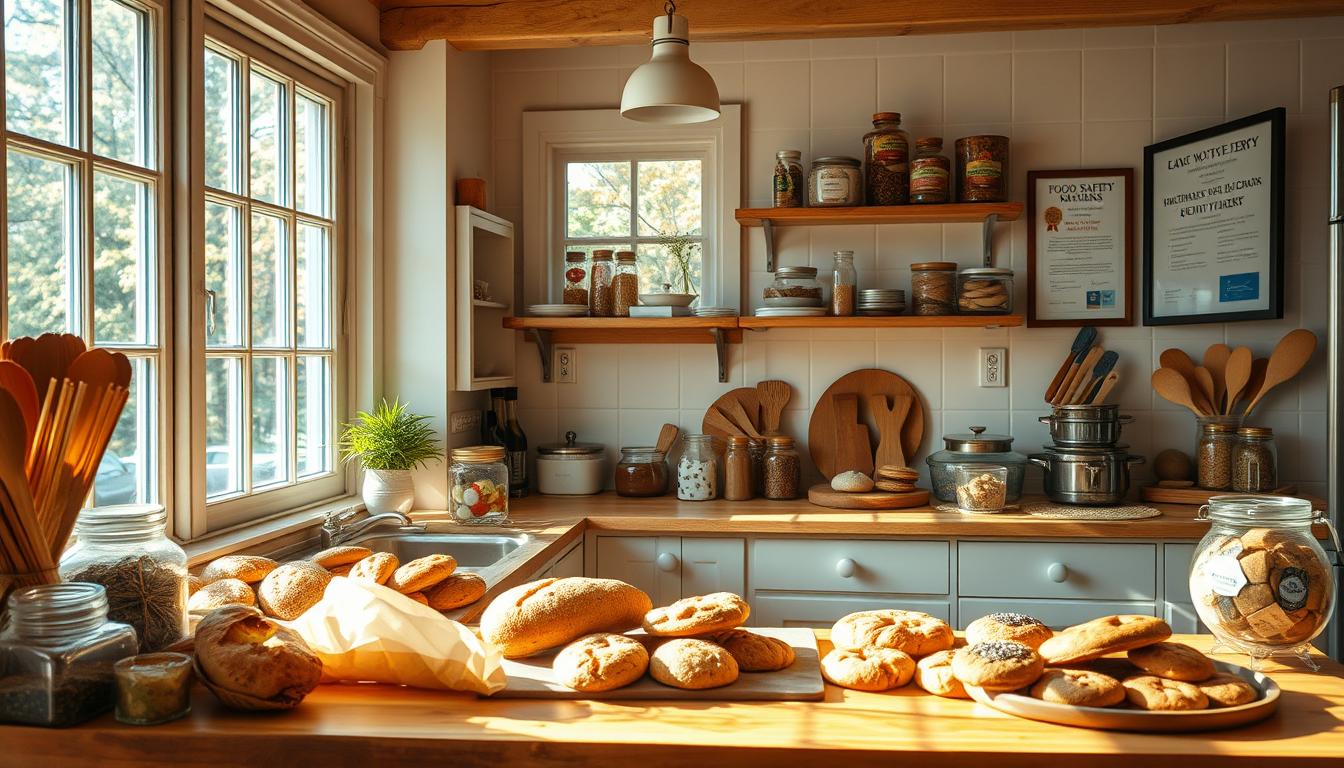
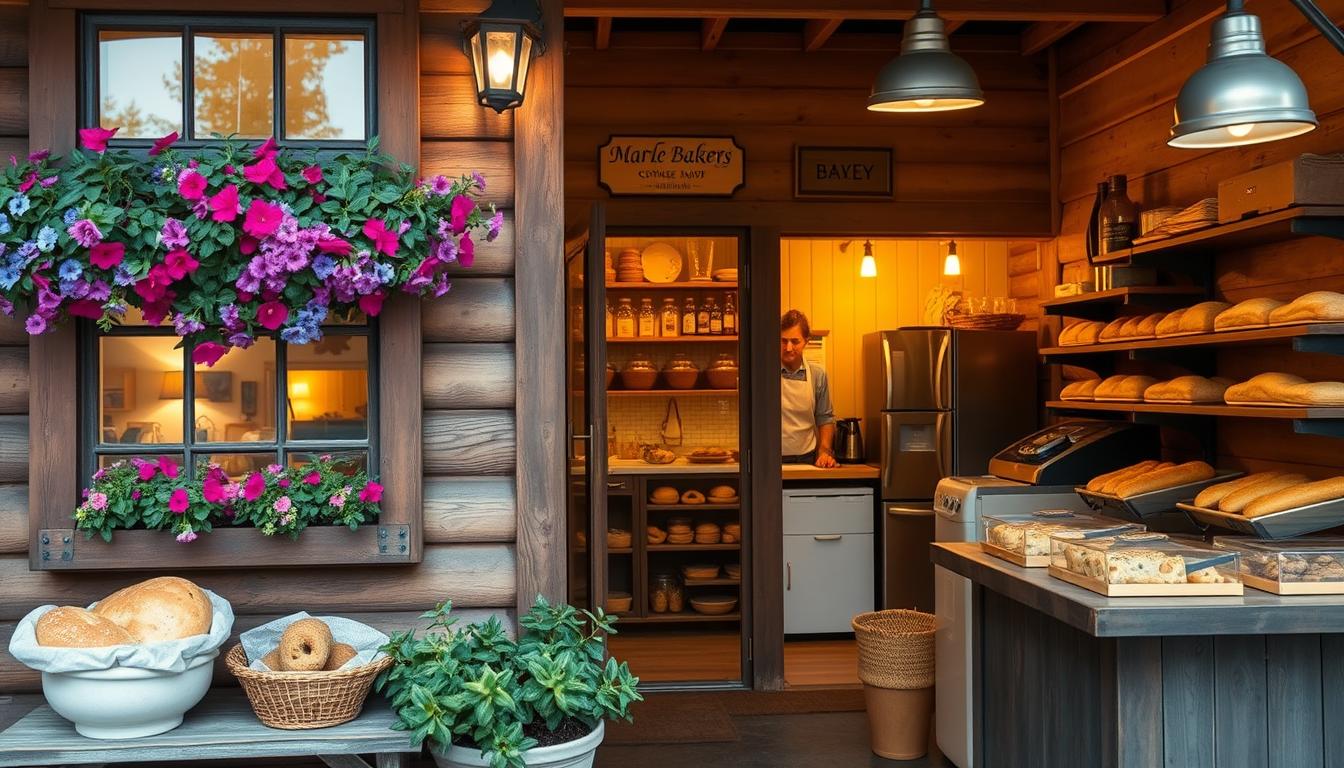
Leave a Reply